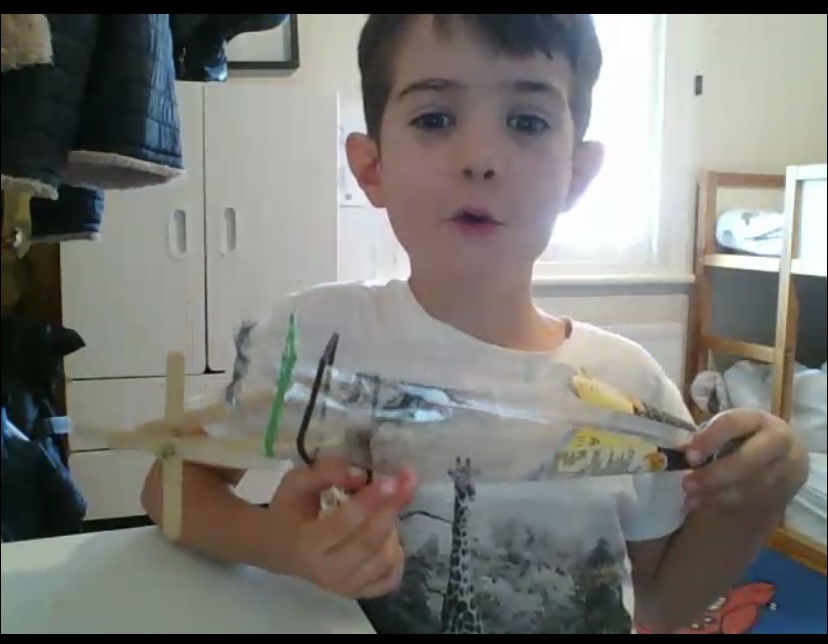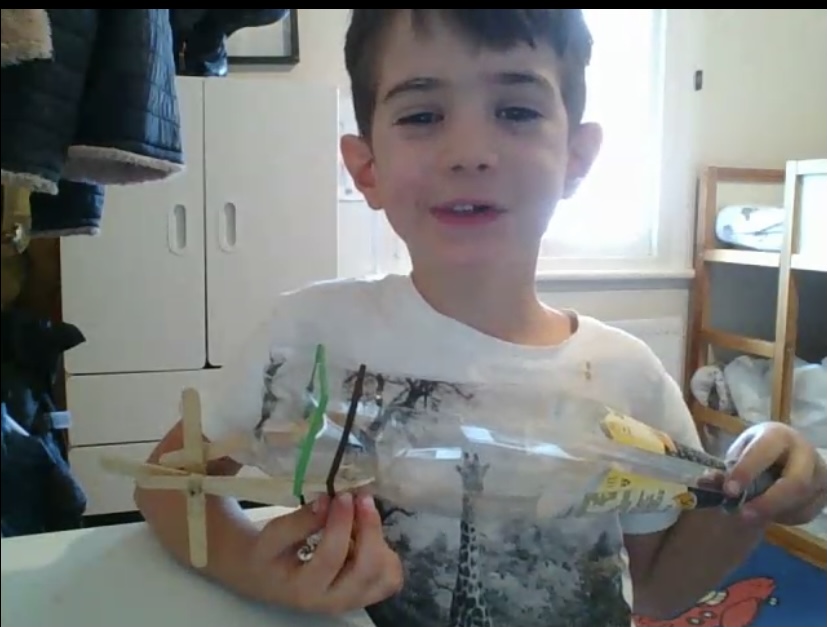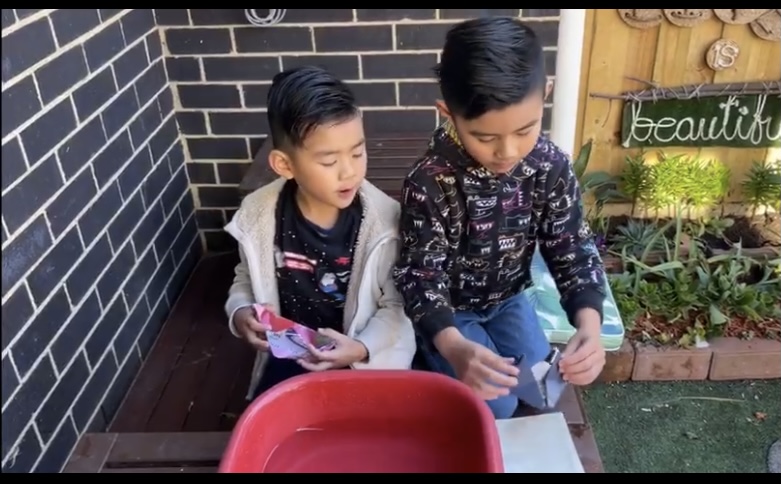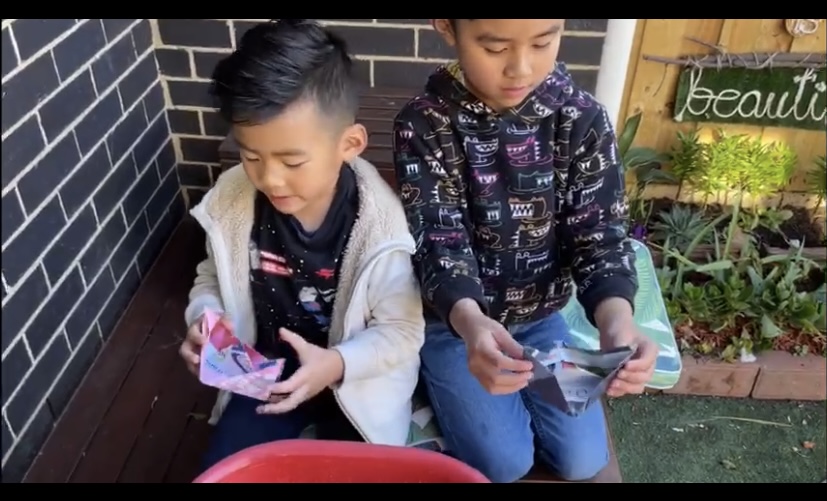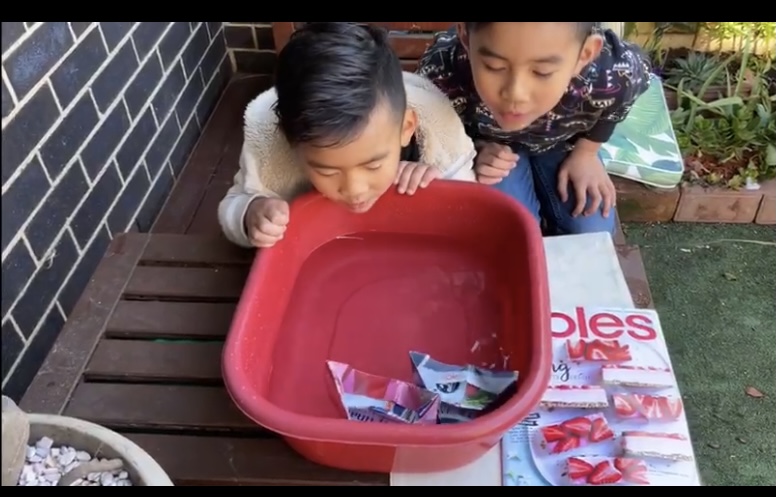Finding Creativity in Remote Learning
As our collective inquiries into ‘creativity’ continued to find interesting project pathways in our Neighbourhood, remote learning was upon us, ‘creating’ its own interesting opportunities to further explore these pathways in different environments. These pathways include using our courtyard garden to inspire and create, the continuing discoveries about creative storytelling in both the Learning Commons and Studio, exploring the processes of some famously creative people, and ongoing research into the creative ways that simple machines make our lives easier.
Remote learning has given us all a chance to explore our understanding of what it means to be creative in and around our homes and our neighbourhoods. We have begun to explore this idea with our families and within our homes and local streets. Having limited resources available can, at times, provide the perfect environment for creative thinking to emerge.
Over the last week, we have witnessed the prep children and their families pivot to remote learning and many examples of creativity have come to light.
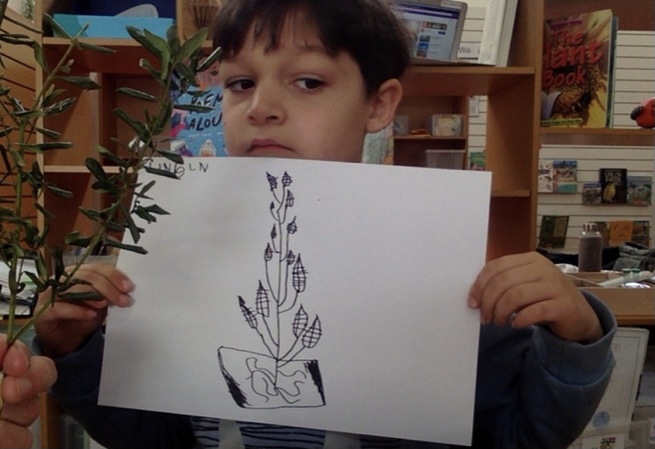
Inspiration from Nature in the home 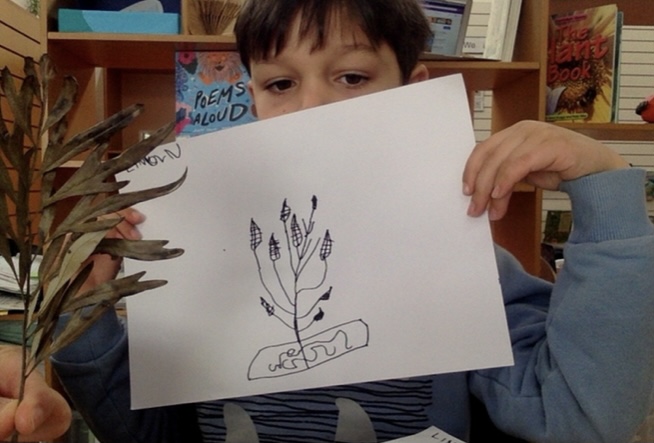
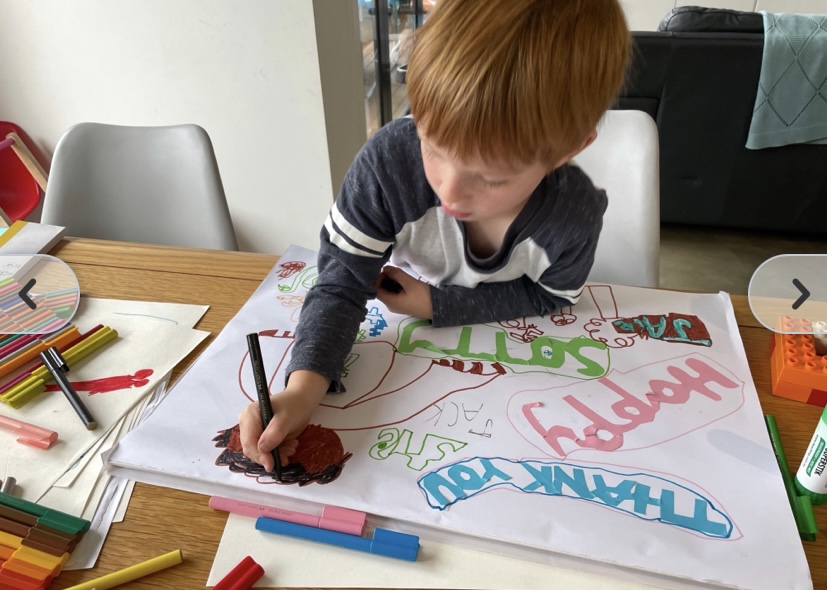
Finding ways to communicate creatively 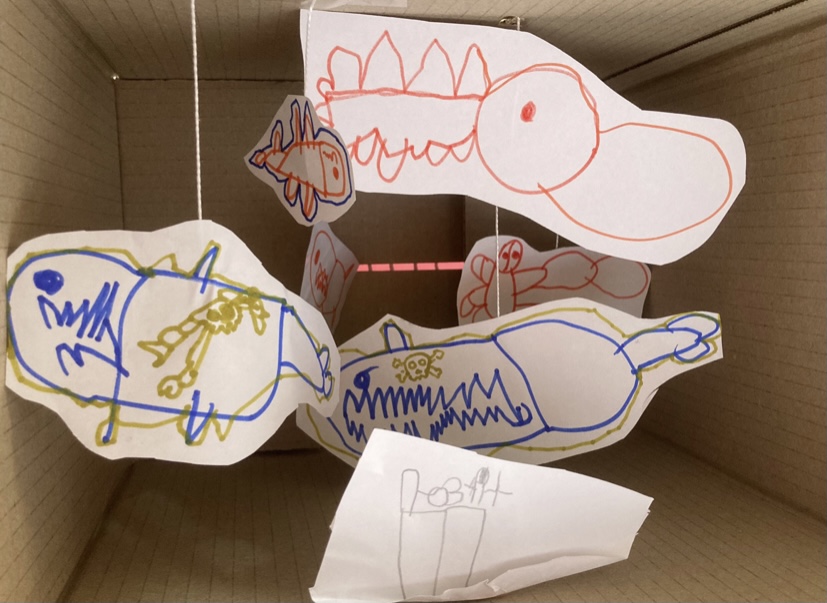
Creativity in Lockdown 
Music as Inspiration to create 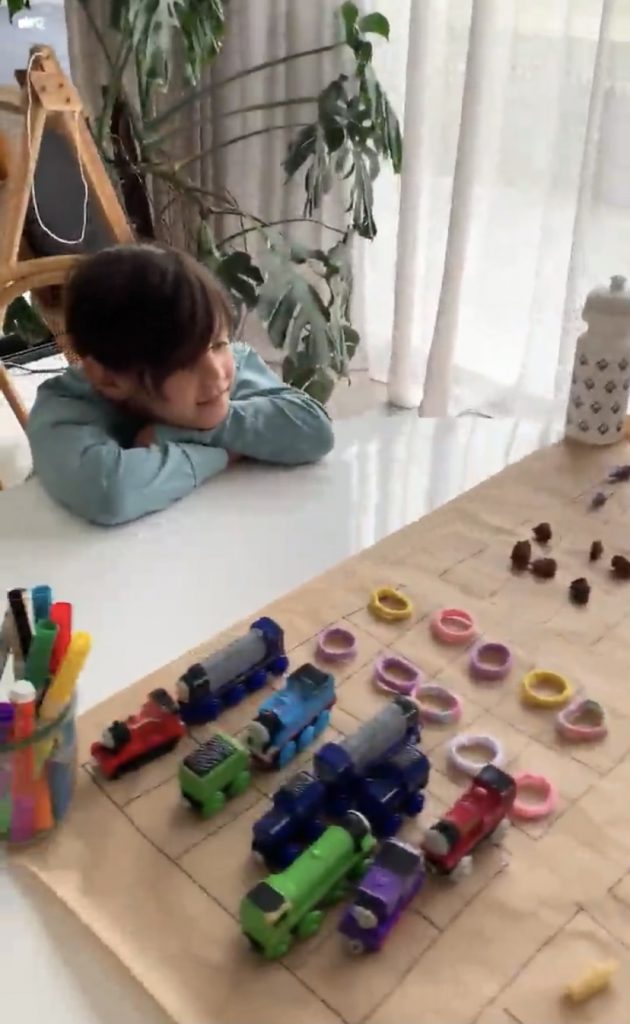
Creative Adaption 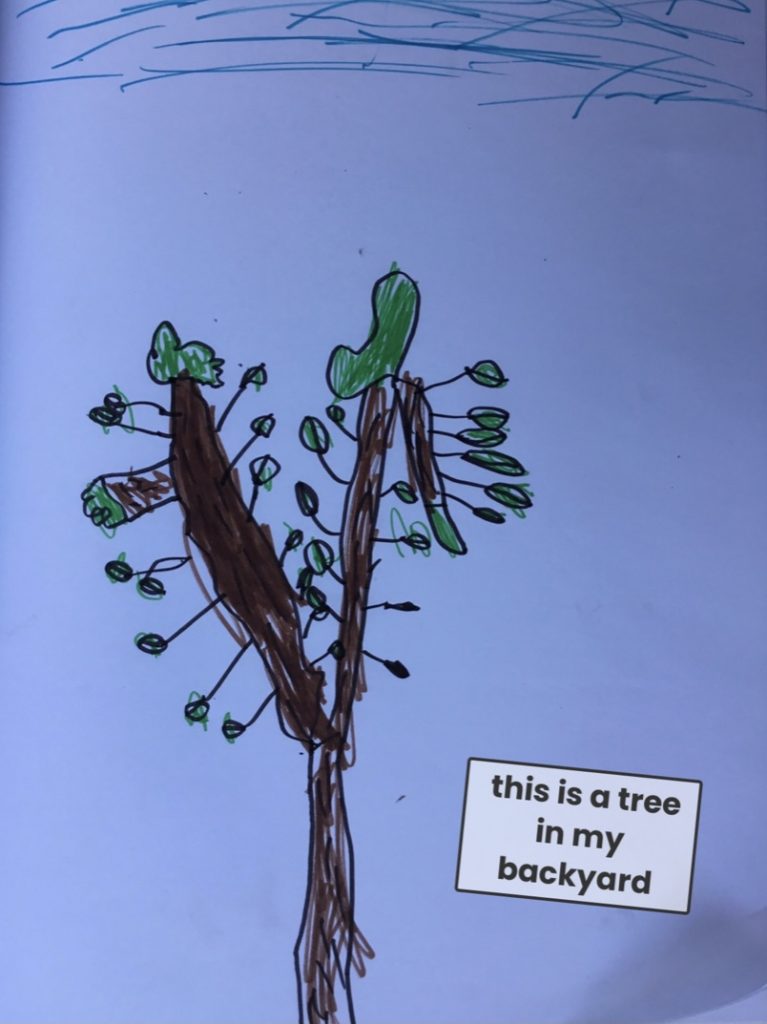
Nature in the Neighbourhood 
The Science of Nature 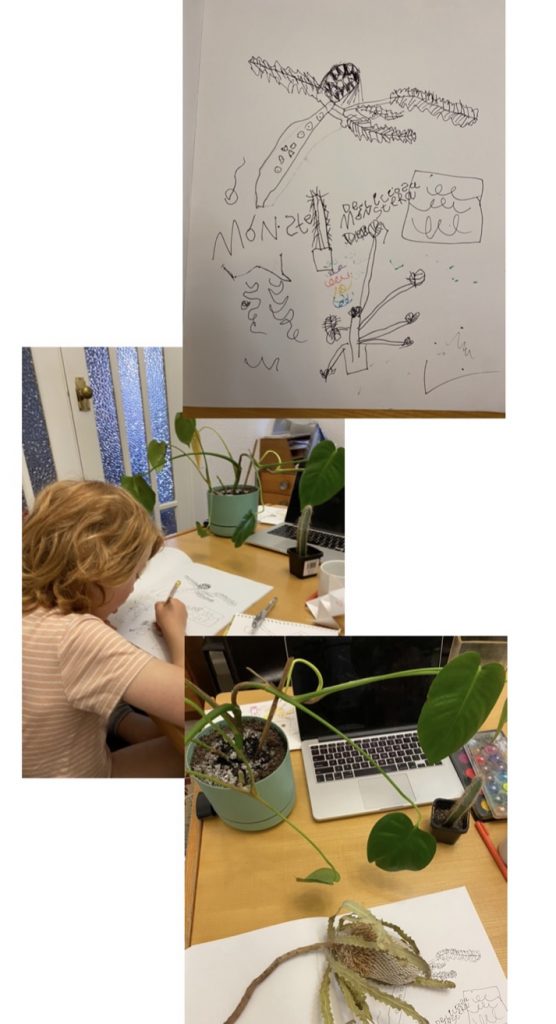
Focusing in on Nature 
Being Creative at Home 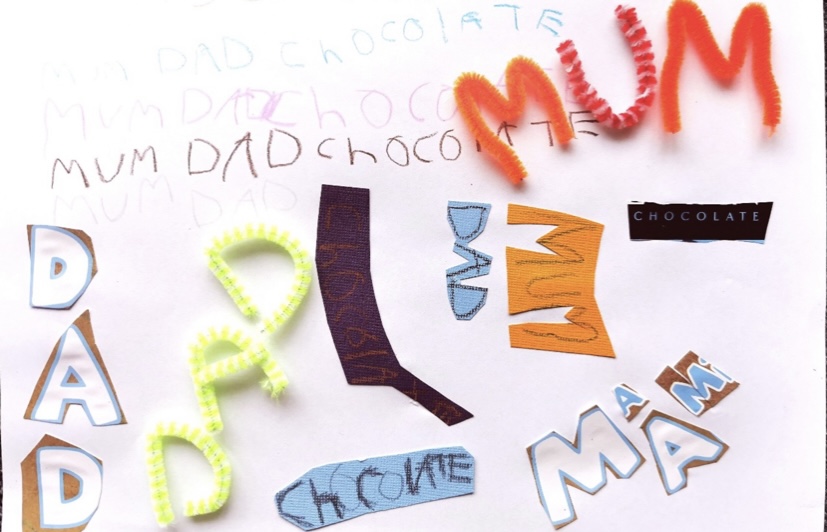
Words as Inspiration 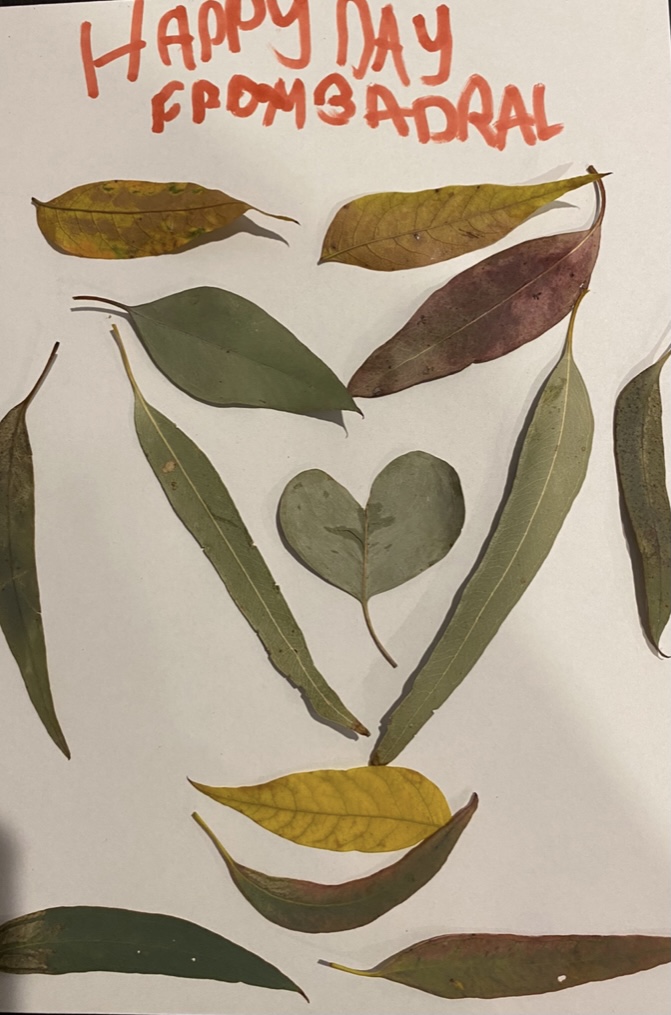
Creative ways to share and communicate
Children have explored simple machines through found objects from in their homes while some have identified creative people in their families to interview for deeper research into our inquiries. There have been many wonderfully creative responses from the studio provocations. A highlight being the works inspired by revisiting details in eyes and using different sources for inspiration to create artworks.
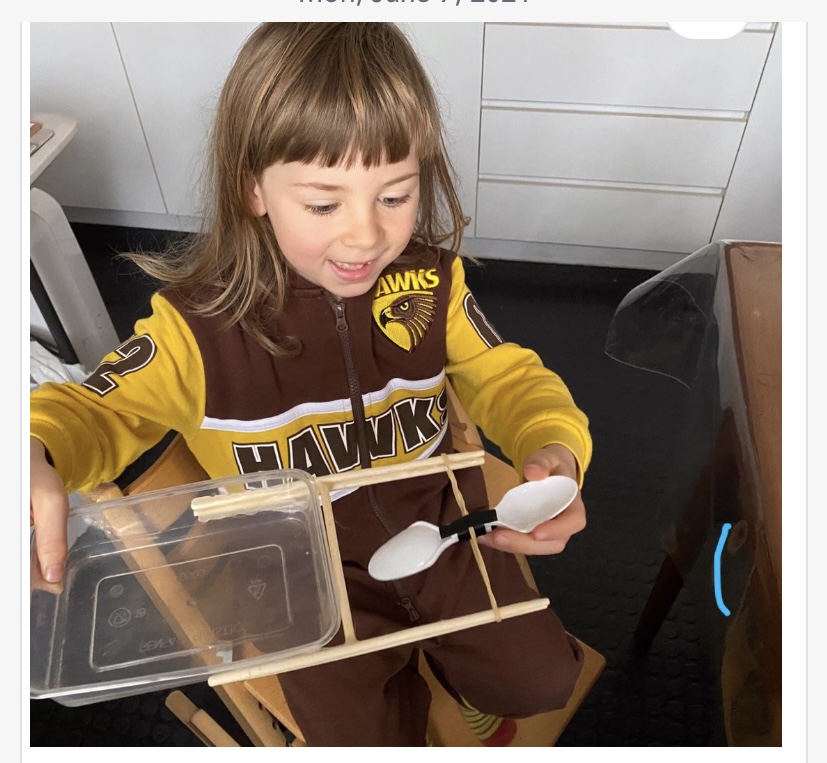
Creative Machines 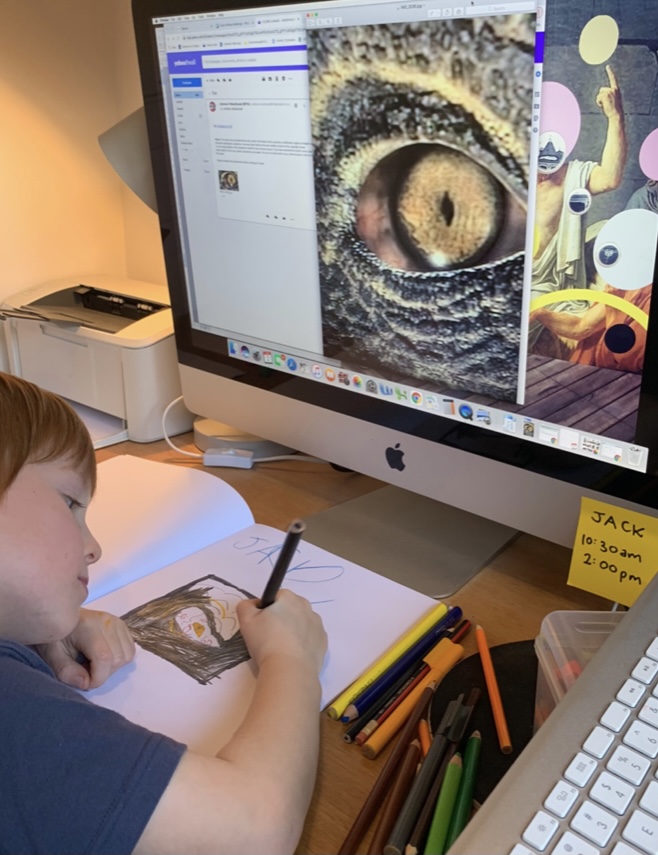
Researching Eyes 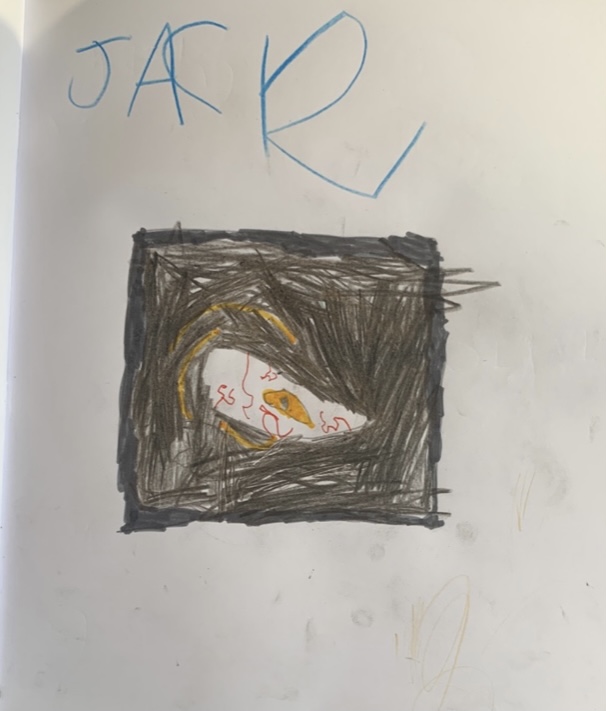
Creative Eyes 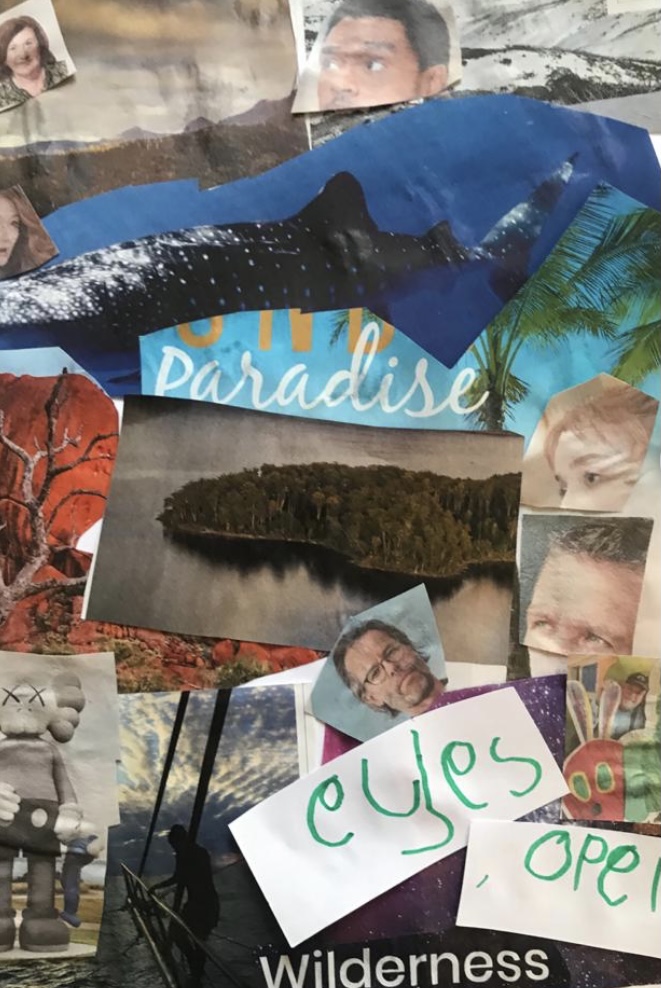
Creating with Communication 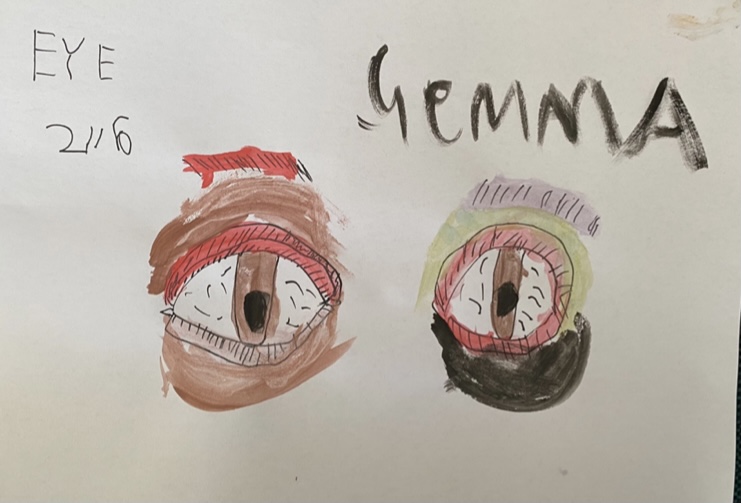
Eyes 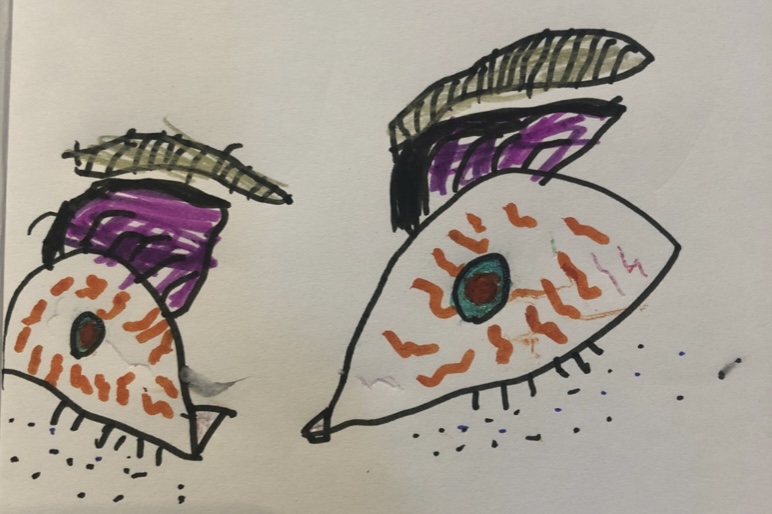
More Eyes 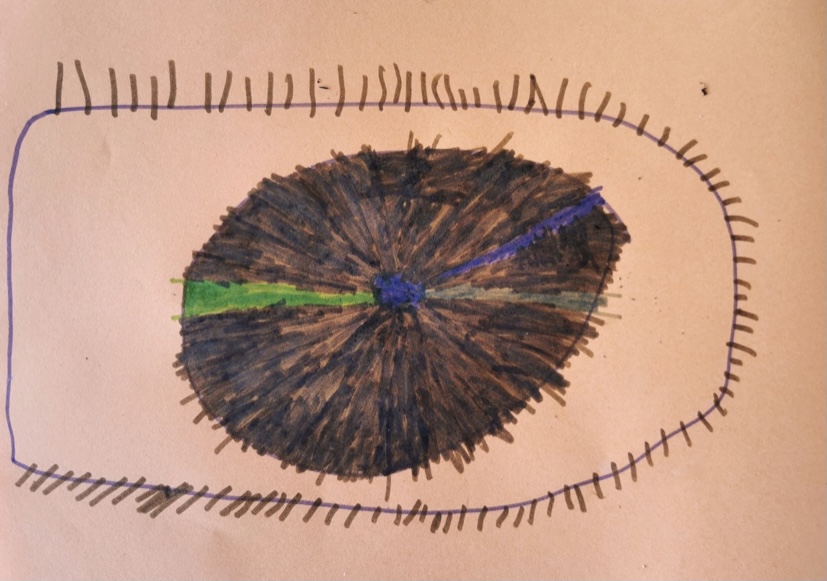
Detail and Focus with Creativity
As the children began to explore creativity within the boundaries of their homes and neighbourhoods, an interesting phenomenon emerged. The children began to experience and work their way through some interesting ‘mistakes’.
As he presented his boat with a propeller Max commented…..
Hello, I tried to build a new boat but it didn’t work because this propeller kept on hitting that, so it didn’t work.
Then he and his mother began to discuss and plan what they could change in their next version.
Mum- How can we try and get it to work next time Maxi?
Max- We need the sticks more out back so it can have room.
Mum- So how can we get the sticks further back?
Max-Let’s see…….
When Andy and his brother were floating their boats and Andy’s boat sank, he recognised his mistake and went back and re-made his boat, but bigger this time.
Andy- We are going to have another round of the boat race.
Mum- Why?
Andy- Because mine sank.
Mum- Why did it sink?
Andy- Because it was too heavy and heavy stuff sinks. (The learning potential here is great!)
Mum- Really? Ok let’s go…
As educators, we saw the beginnings of a new learning pathway for our inquiries into creativity. The power of mistakes when creating and learning.
We began our next morning meetings on Webex with the following question- What does the word mistake mean to you?
Eve- Accidentally, doing something wrong
Ava – When you mess up your painting.I do another one the same.
Charlie -Messing your brain up. Your brain is thinking ,but of the mistakes.
Owen -When you do something wrong but start again and do it the right way
Eben -When you do something wrong but it is an accident.
Jaya -When you do something wrong, you can do it right again.
Aaran- You make a mistake and then do it properly again.
As we listened to and observed the responses to our provocations around mistakes and their possible connections to creativity, we noticed lots of interaction between our children and their families. This interaction makes the learning more authentic and brings another perspective to our inquiries.
Vanessa -What is making a mistake?
Abi- Making a mistake is when you make something but not what you planned to do.
Vanessa- What can you do if you make a mistake?
Abi – You can make it again.
This is a great subject for discussion. We have come a long way for Abi to say that. At home, she can get very frustrated if she makes a mistake when writing or drawing. Sometimes she gives up, but most times now she will try again. Vanessa
Arlo had a go of writing ‘mistakes make me feel happy’ then got so mad about his mistakes he scribbled it all out! We talked about how this was pretty funny and also that he actually did a great job of some of the words. Stephanie
Are mistakes fertile ground for learning growth and resilience?

